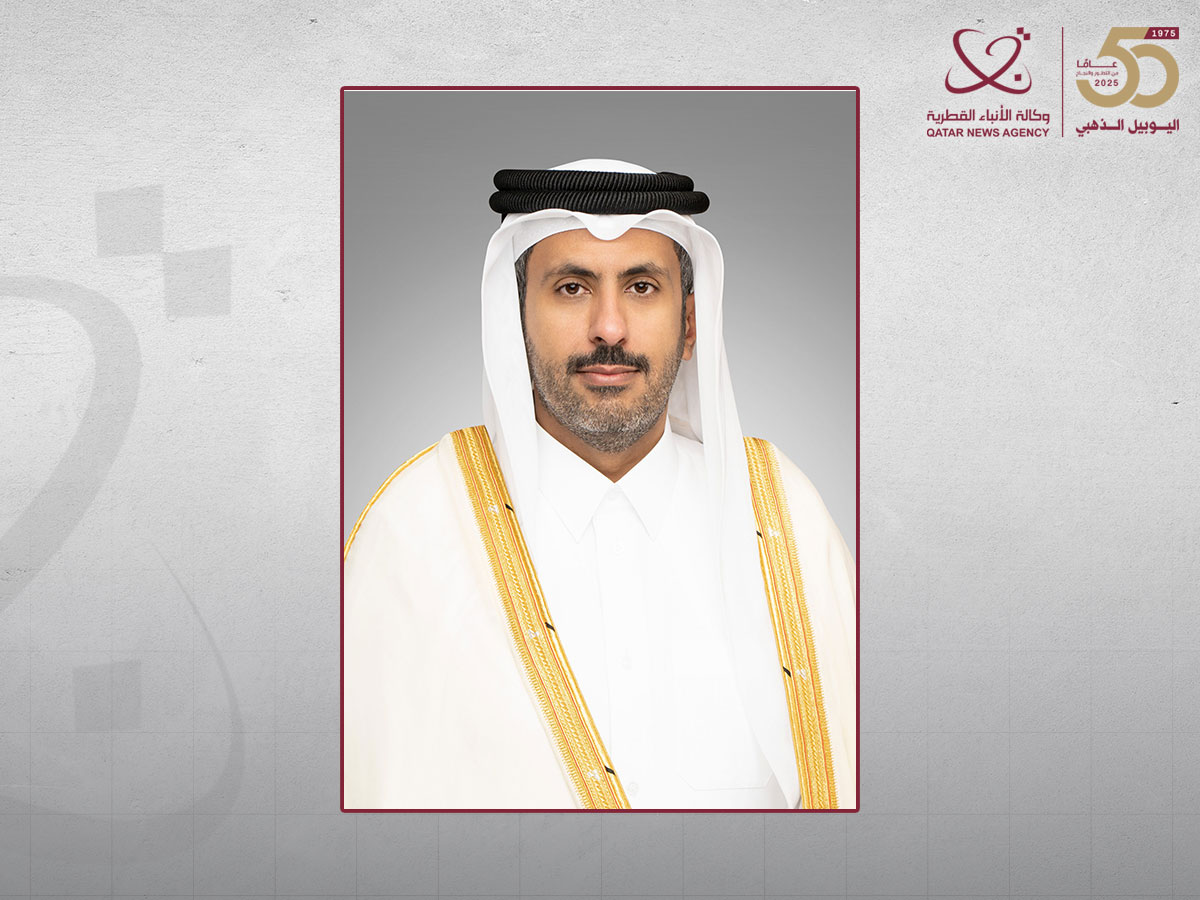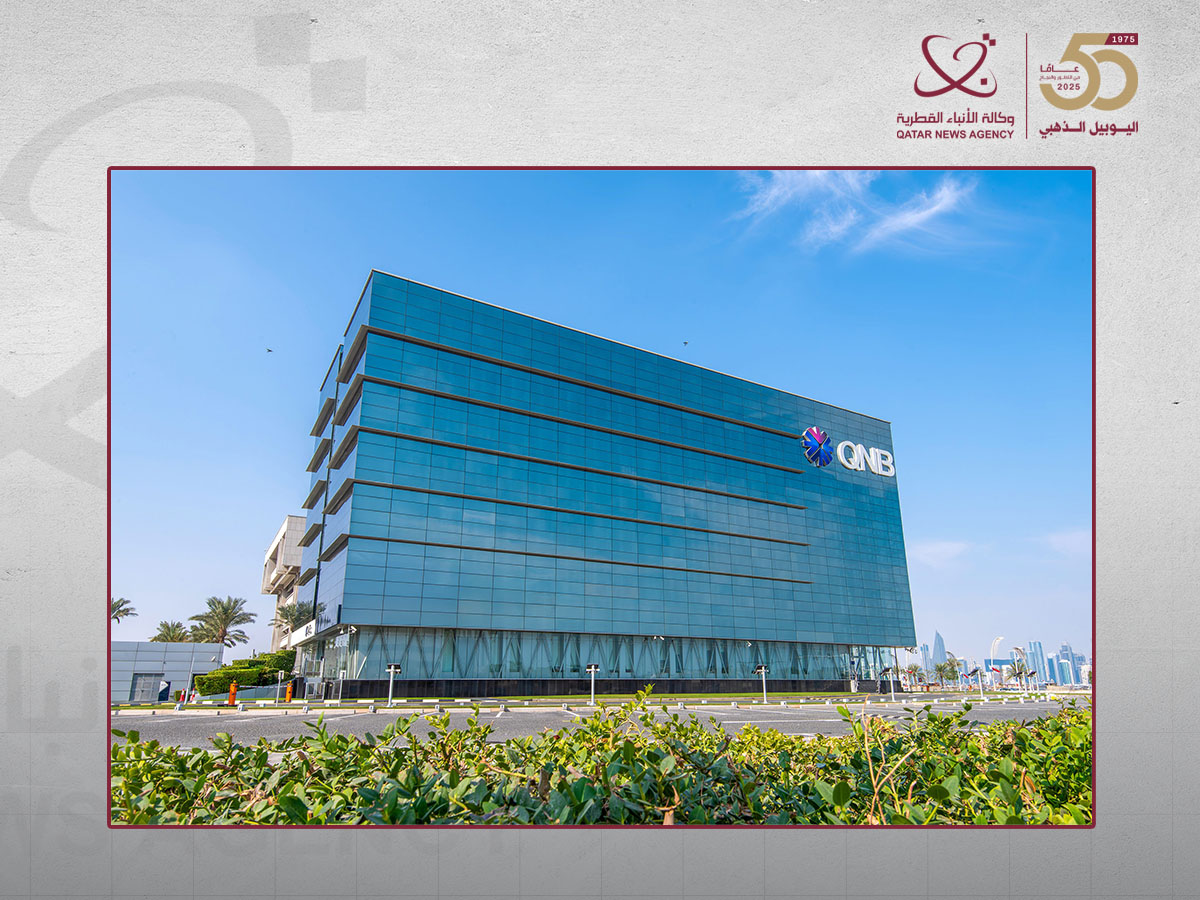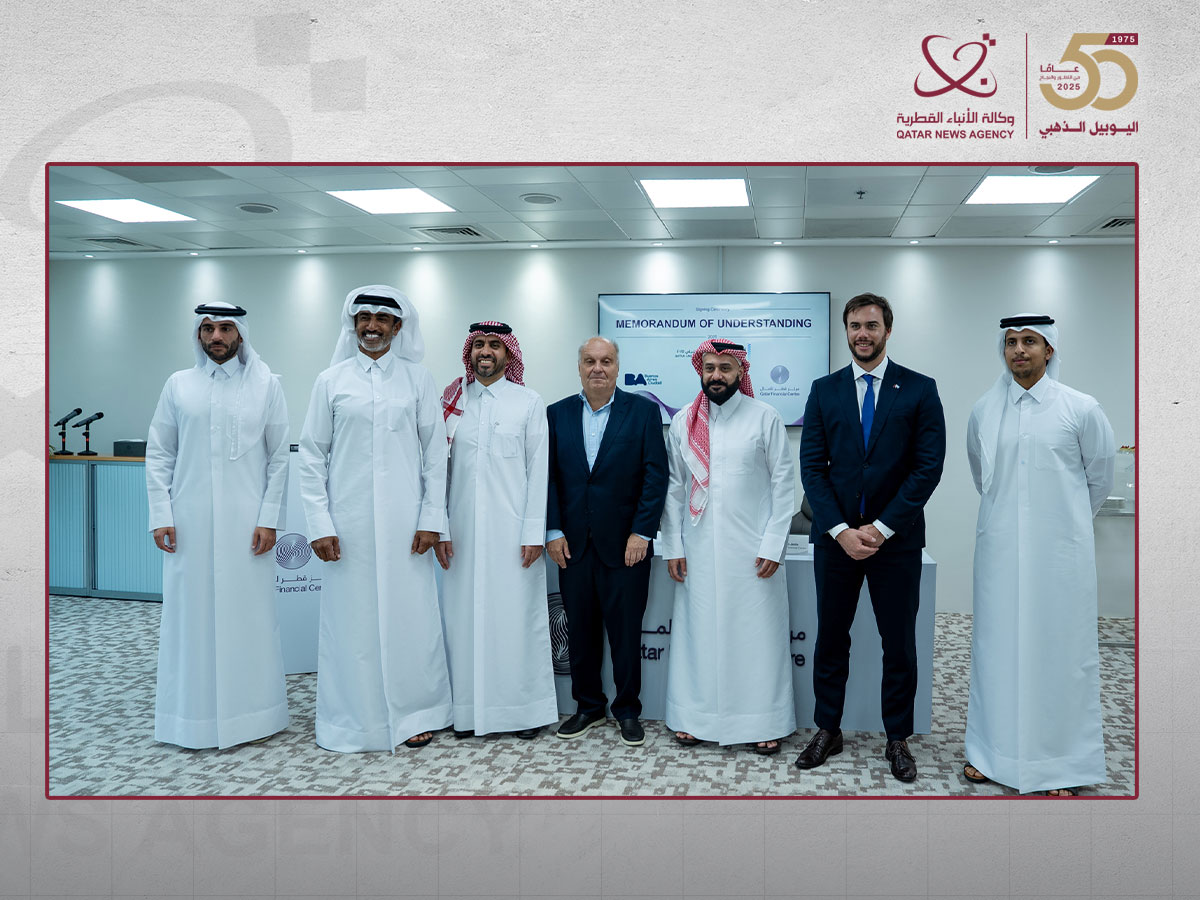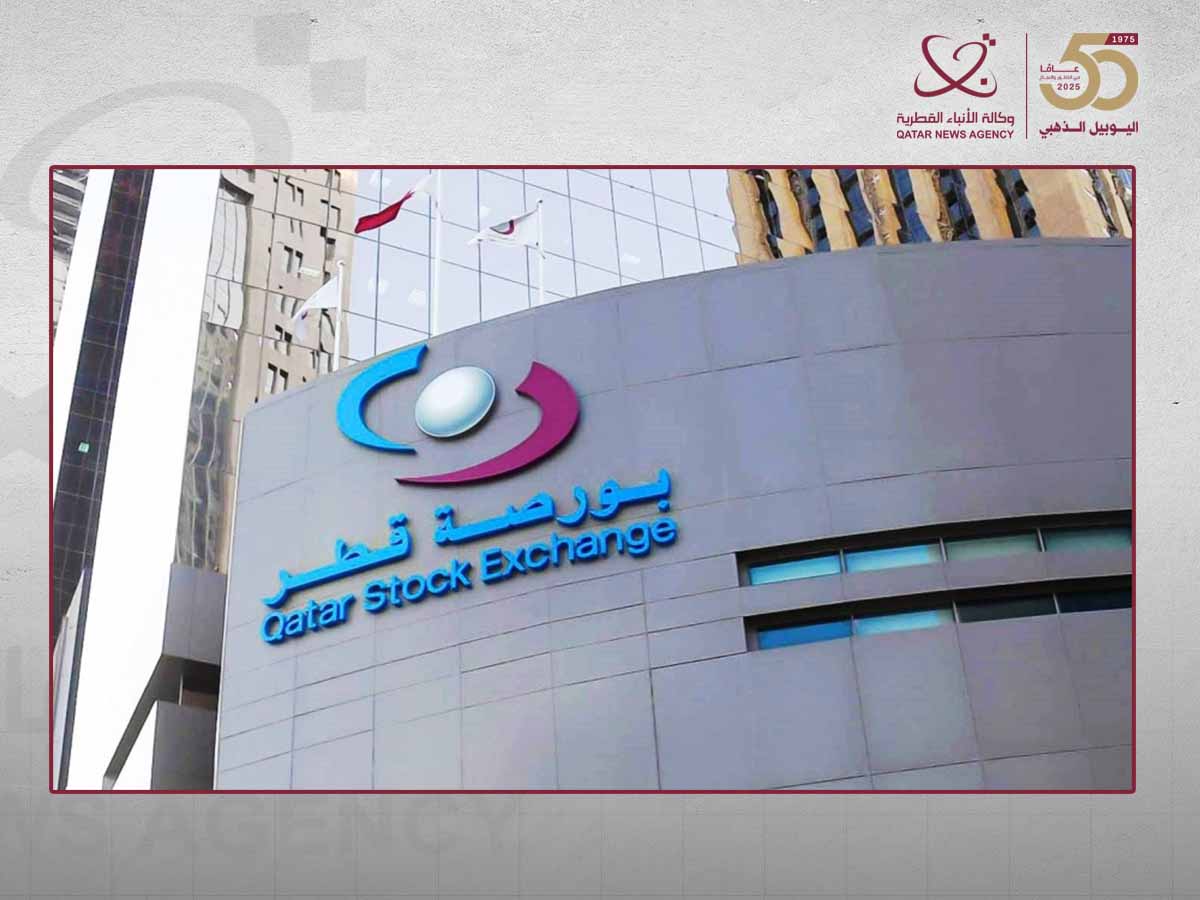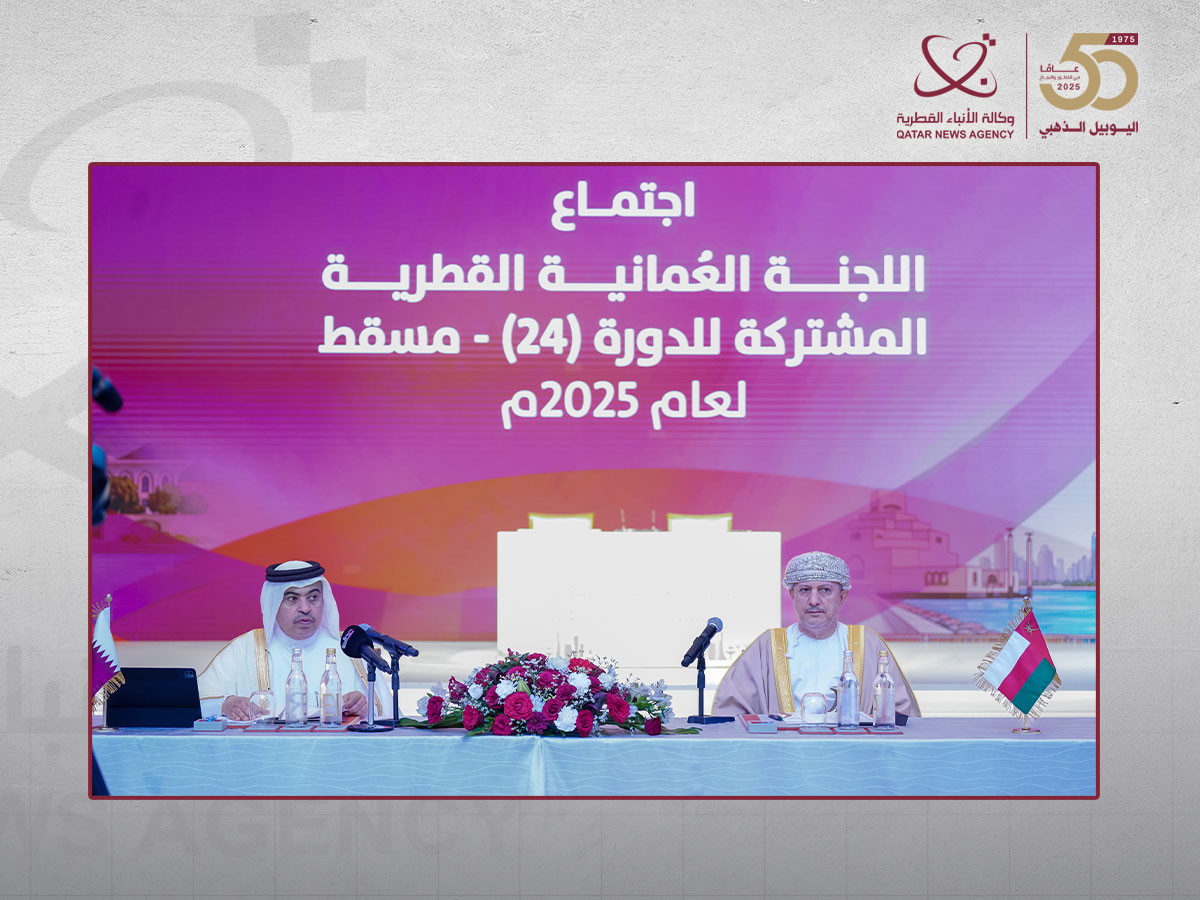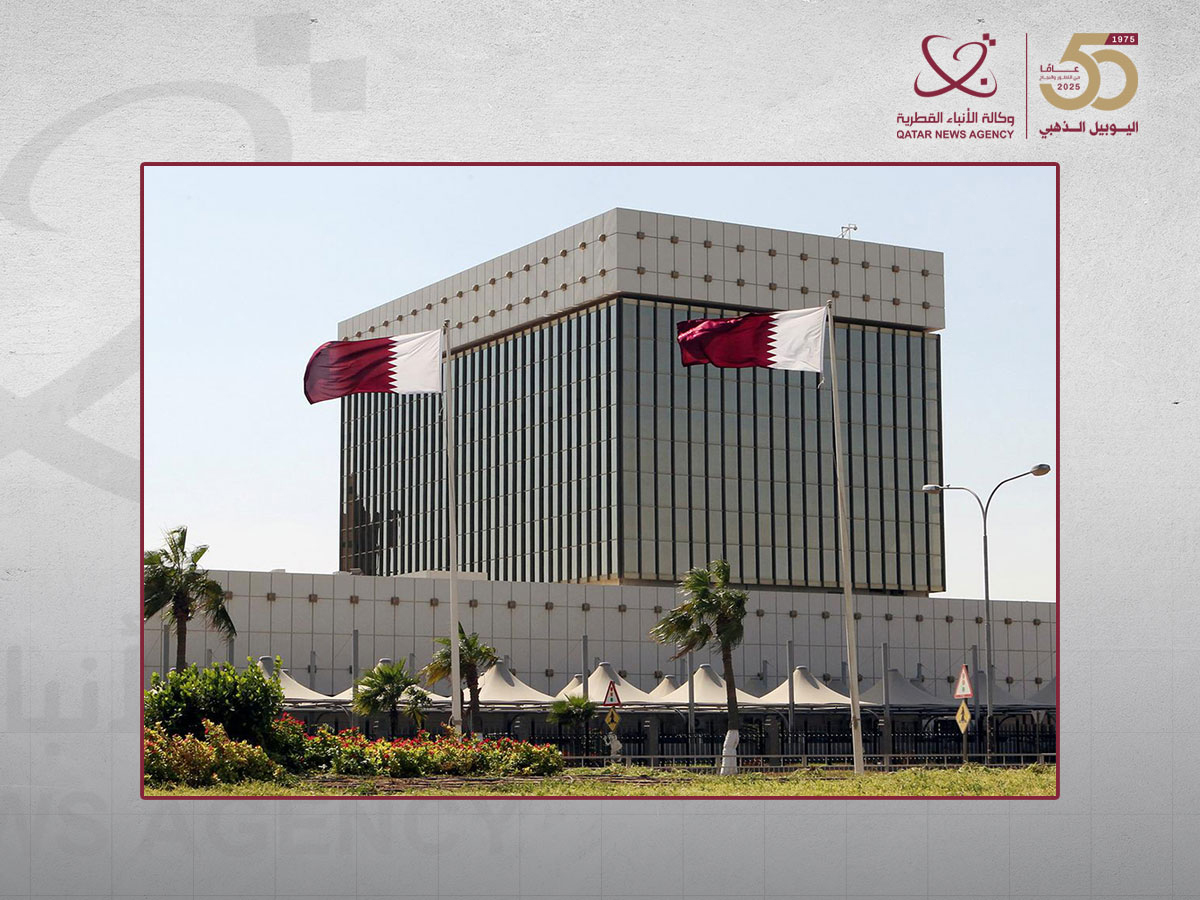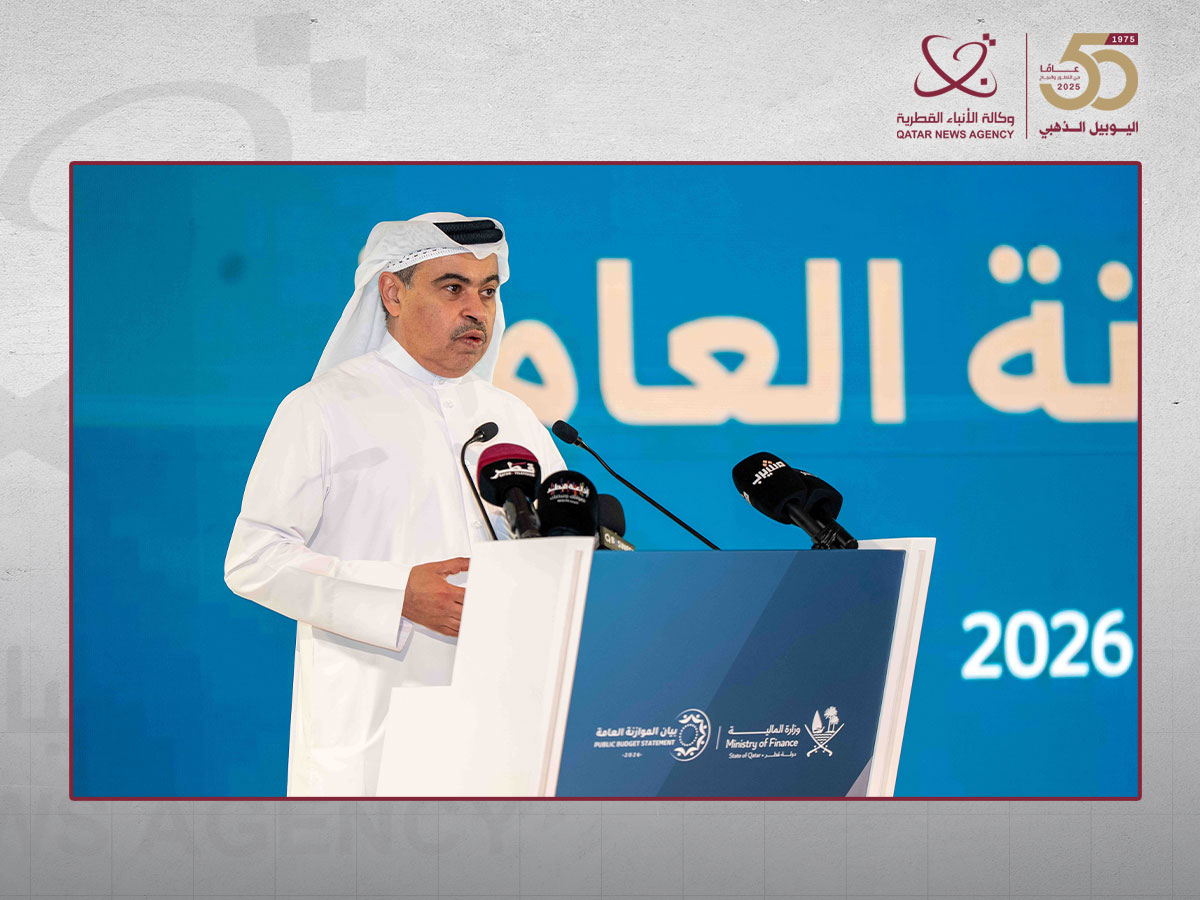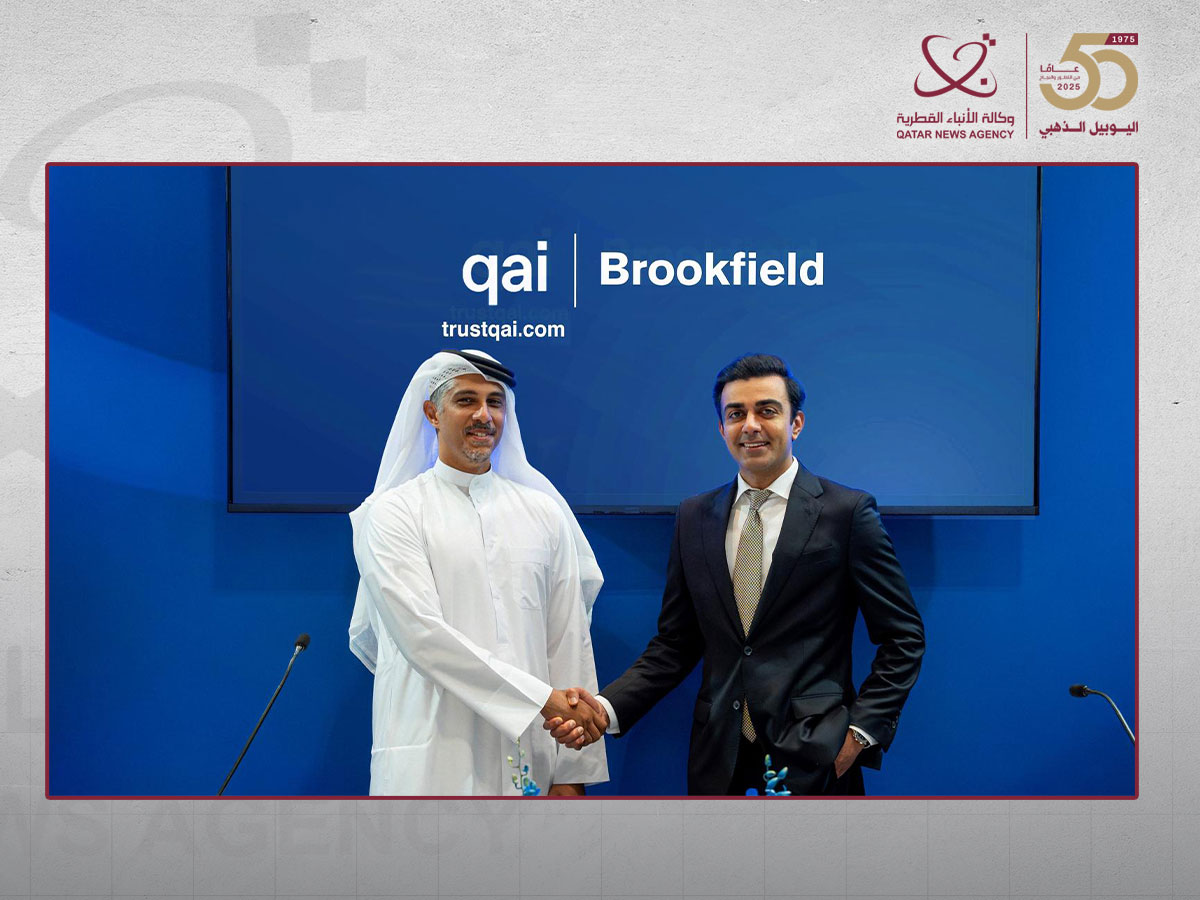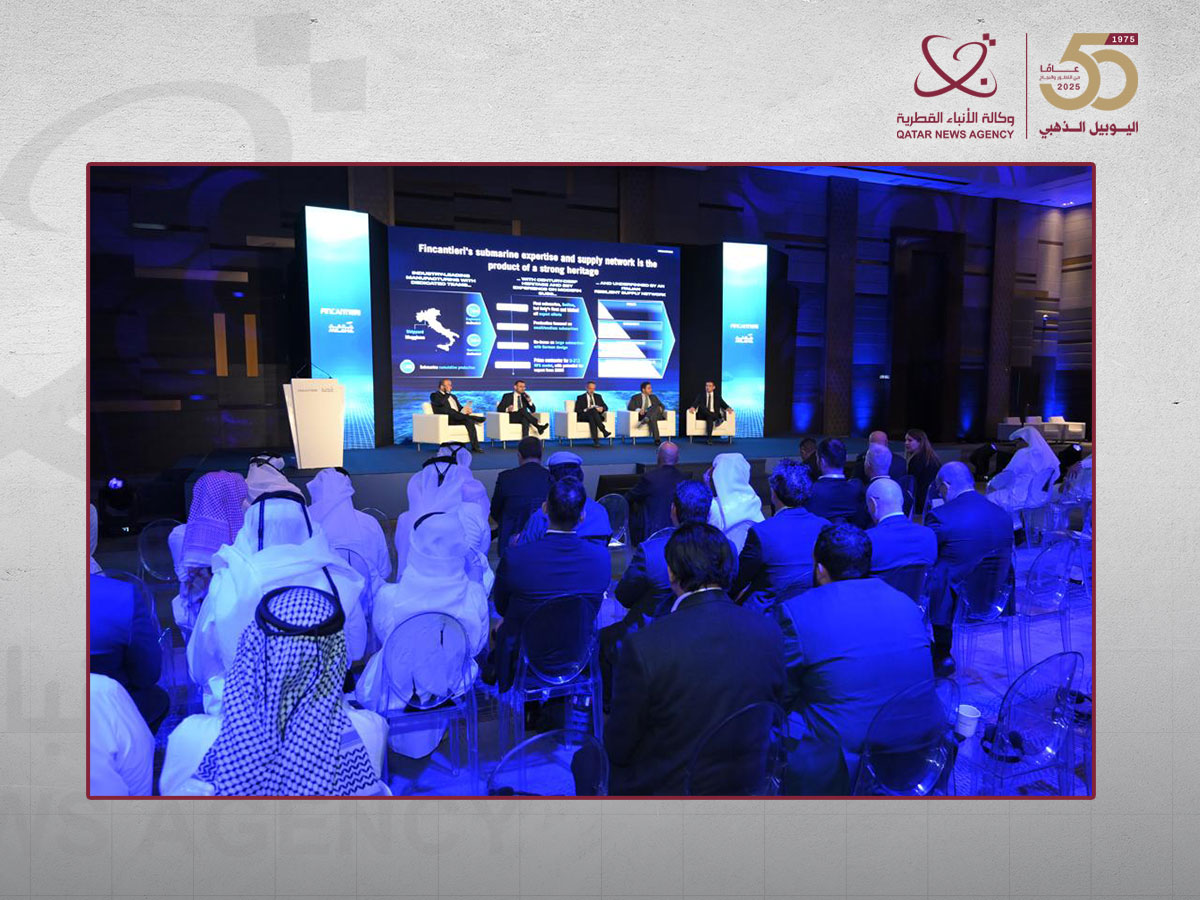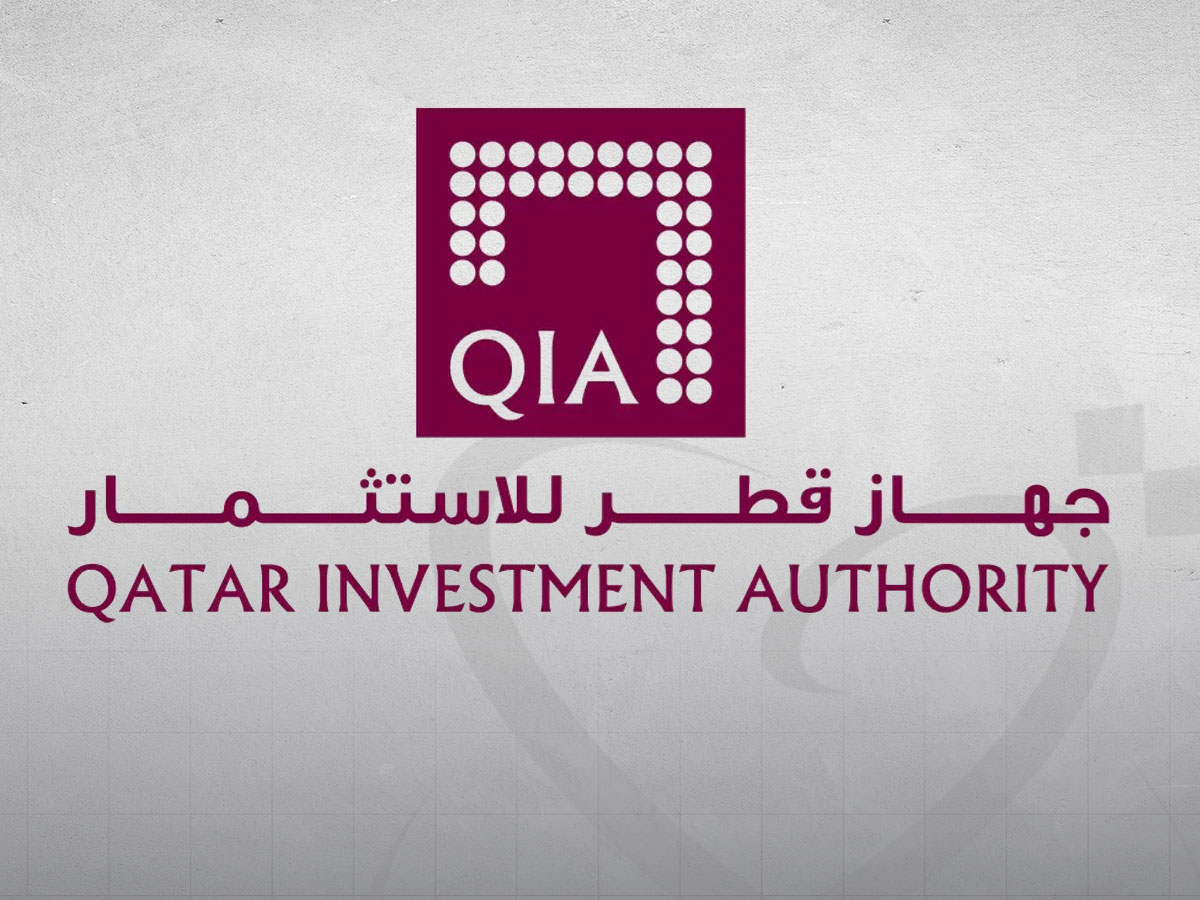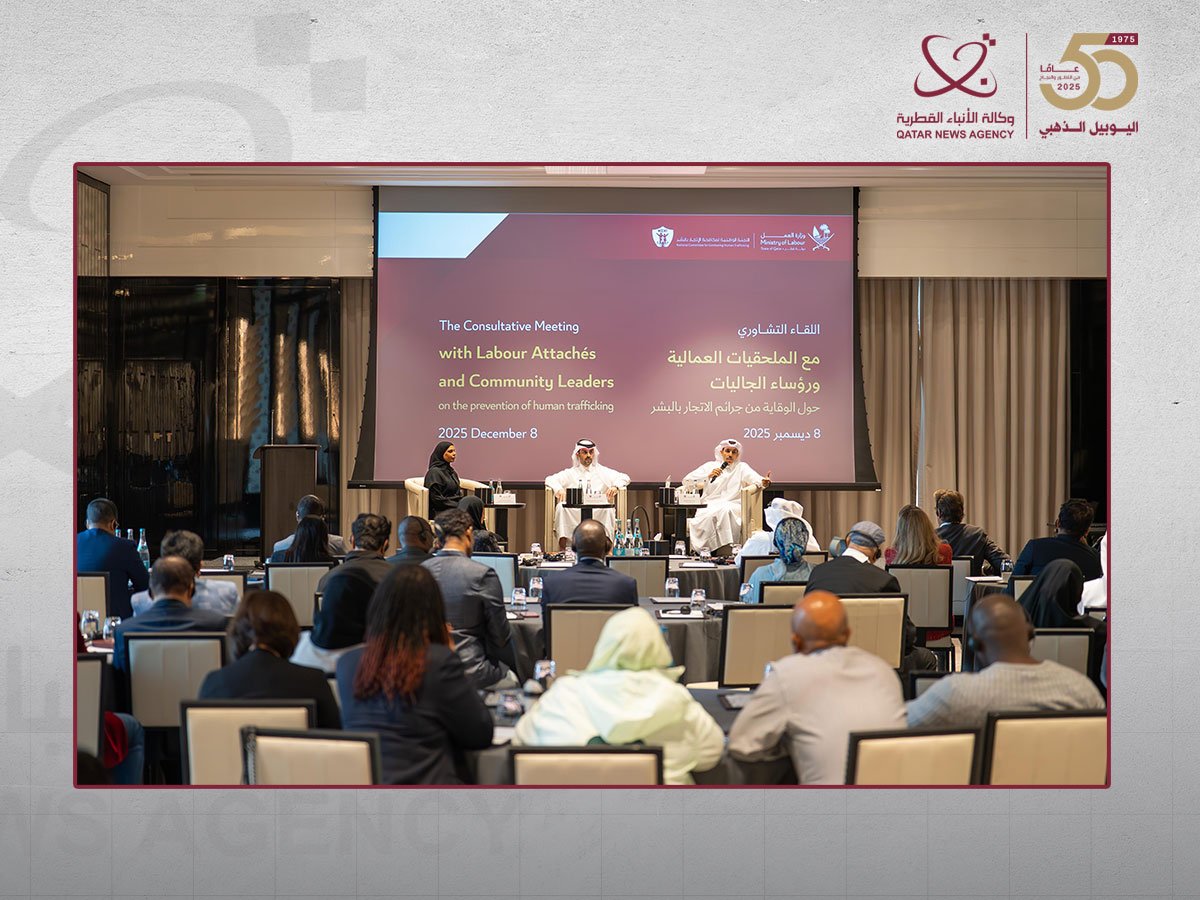Doha, July 03 (QNA) - Executive Director of the Qatar Career Development Center (QCDC), Saad Abdullah Al Kharji, affirmed the Center's pivotal role as a strategic bridge between education and the labor market. He noted that QCDC supports generations of students in preparing for future career paths through a comprehensive, year-round system of interactive programs that span all stages of career development, from academic achievement to professional integration.
Speaking to Qatar News Agency (QNA), Al Kharji emphasized the Center's firm belief in the importance of early career intervention. He explained that QCDC implements a series of immersive career exploration initiatives, starting with the Little Employee program. Over five editions, this initiative has engaged more than 2,000 children aged 7 to 15, allowing them to accompany their parents to work and introducing them to foundational workplace concepts.
Al Kharji also highlighted the Career Village event, which, in its latest edition, brought together over 40 public and private sector entities, including key players from various vital economic sectors. Since its inception in 2017, Career Village has provided hands-on, simulated career experiences to more than 12,000 high school students over six consecutive editions.
He described Career Village as the first step in a student's journey of self-discovery, followed by the My Career - My Future program, which offers a week-long internship experience tailored to students' academic and professional interests. The program has so far trained over 500 male and female students, logging more than 12,000 cumulative training hours. A significantly expanded version of the program is set to launch on Sunday, July 6, with more than 250 students placed across 25 organizations representing diverse sectors such as medicine, aviation, energy, media, communications, finance, business administration, judiciary, tourism, sports management, technology, engineering, humanitarian work, and other fields aligned with Qatar's sustainable development goals.
Al Kharji noted that these programs are part of a broader portfolio of professional services offered by QCDC, including the Dalila program, which delivers personalized career guidance sessions. He also referenced the Your Professional Guide magazine, currently preparing its 16th issue for release at the start of the 2025/2026 academic year, and pointed to specialized workshops organized at the request of institutions.
Discussing QCDC's role in narrowing the gap between academic education and labor market needs, Al Kharji underscored the value of experiential learning, field guidance, and awareness campaigns. These initiatives, he said, help students connect theoretical knowledge with practical application, thus supporting one of the core pillars of Qatar National Vision 2030: human capital development. He described the Center as a key contributor to preparing a skilled and adaptable national workforce.
On sector prioritization, Al Kharji explained that QCDC targets two main groups of industries. The first includes strategic sectors like energy, manufacturing, finance, aviation, transport, and advanced healthcare, which form the backbone of Qatar's economy. The second group encompasses emerging fields such as artificial intelligence, big data, renewable energy, fintech, and sports, sectors brimming with promising future opportunities. He noted that these selections are based on labor market analysis, consultations with education and labor stakeholders, and QCDC-conducted surveys that reflect youth interests and aspirations.
Saad Abdullah Al Kharji also elaborated on the Center's adoption of an integrated, diagnostic approach to career guidance. This is powered by an advanced electronic system that incorporates psychological assessments, personality analysis, and customized recommendations. Through the Dalila program, students receive five individualized sessions, culminating in concrete academic and career action plans. Evaluation studies, he said, have shown a measurable increase in students' awareness levels following participation.
Touching on the effort to establish a unified national system for career guidance and development, Al Kharji stated that QCDC regularly convenes a Career Guidance Partners Meeting to align the efforts of key stakeholders. In collaboration with the Ministry of Education and Higher Education, the Center recently organized a high-level dialogue session under the patronage of HE Minister of Education and Higher Education, Lolwah bint Rashid Al Khater. The session featured breakout groups that developed recommendations aimed at translating strategic objectives into actionable plans, particularly in support of Qatar's Third National Development Strategy (2024-2030).
Reiterating QCDC's commitment to a "lifelong career guidance" philosophy, Al Kharji noted that career awareness starts in childhood and is supported by educational programs like The Little Employee, media campaigns, and publications tailored to students and parents, designed to foster a culture of continuous learning and informed career choices.
Addressing current challenges in the field, Al Kharji cited limited awareness about the importance of career guidance, students' delayed self-discovery, and societal and familial pressures, in addition to the rapid evolution of the labor market which traditional curricula struggle to keep pace with. He stressed the urgent need to increase the number and capabilities of career guidance professionals.
In response, Al Kharji said the Center has launched initiatives such as the Career Counselors Forum, held annually in cooperation with the Ministry of Education and Higher Education. The forum aims to train over 250 counselors in modern, evidence-based career guidance practices.
Concluding his remarks to QNA, Saad Abdullah Al Kharji stated that QCDC's future strategy is anchored in the National Career Guidance and Development System and revolves around three core priorities: accelerating the digital transformation of career services through AI-enhanced assessment tools and secure online platforms; professionalizing the career guidance field via clear operational frameworks, standardized training, and accreditation systems; and ensuring inclusivity by designing targeted programs for people with disabilities and learning challenges, such as Because You Can and Together We Flourish. These efforts, he said, aim to cultivate a well-prepared national workforce, capable of continuous learning and adaptation, bolstering Qatar's regional and global competitiveness and contributing to the sustainability of its knowledge-based economy. (QNA)
.png)
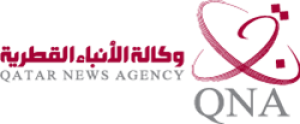 5 months ago
53
5 months ago
53

